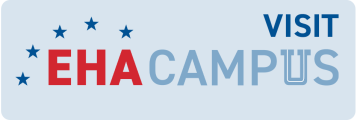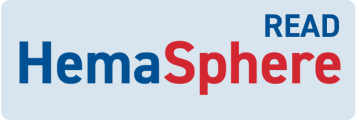EHA membership area login (MyEHA)
Please use your e-mail address and password to login to your EHA membership area.
To sign up to become an EHA member, click here
In case you have any questions regarding logging in to the Membership services of EHA, please send an e-mail to membership@ehaweb.org


